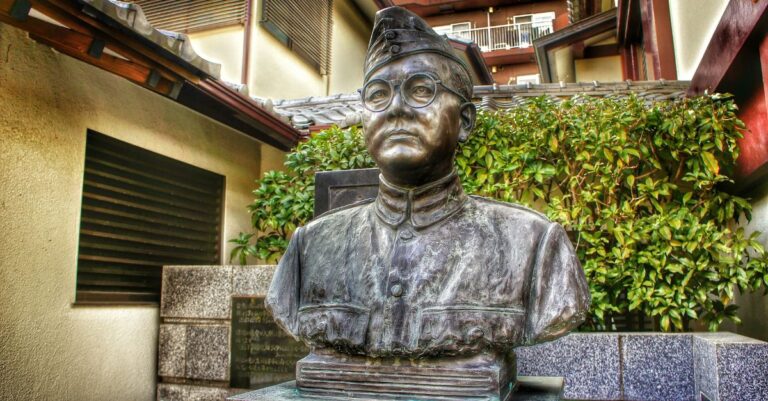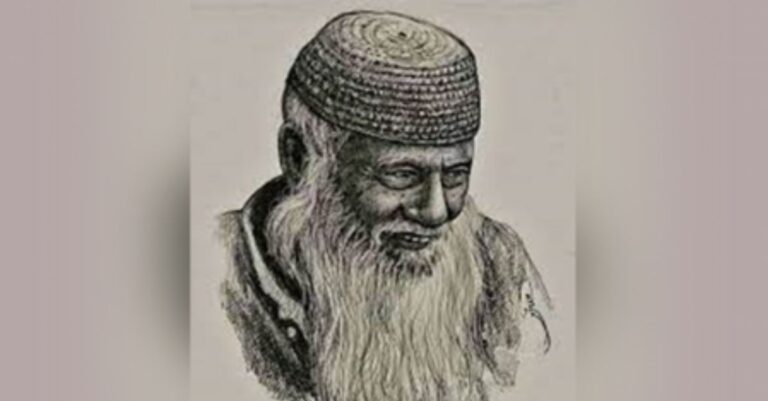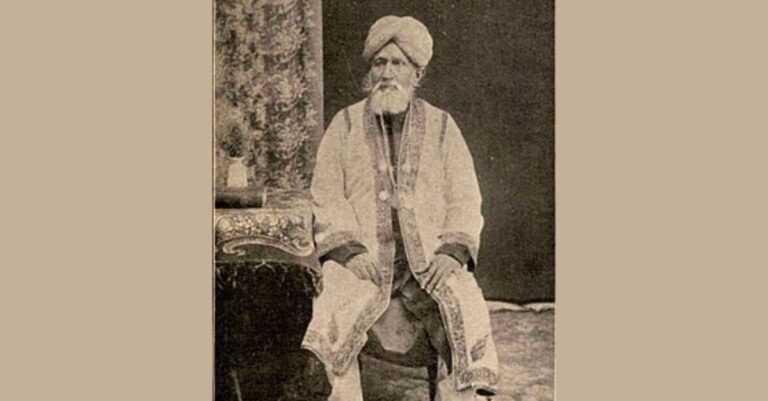Colonial rule in Bengal is known for evolution of a huge magnitude in social, political, economic, cultural and many other fields. Huge growth in Socio-Cultural sector among upper class Hindu society or Bhadraloks is known as Bengali Renaissance. But this intellectual development wasn’t limited to Bhadraloks only. Many maestros from other societies showed their brilliance in this period. Still many of them remained out of spotlight. One such name is Mohammad K Chand.
Much of about him is faded away from historical records despite him being a prominent member of Bangiyo Musalman Sahityik Samiti (Bengali Muslim Literary Society) in 1927, along with well-known people like Poet Kaykobad, Linguist Mohammed Shahidullah, Manuscript-connoisseur Abdul Karim Sahitya Bisharad and Journalist Maulana Akram Khan.
Chand was active writer during early Nineteenth Century. He wrote in various periodicals and magazines of that time. His Haik Ibn Yakzan was published in Nabanoor magazine in the year 1906. He wrote on Muslim Mathematicians in Nabanoor in 1911. Also his article on educational efforts on early Muslims were published in same magazine. There he wrote about medieval scientist Al-Hazen whose actual name was Hasan Ibn Al-Haytham. Education system of medieval Muslim empires were discussed in serialised articles by him. Later in many articles he discussed the history of Al-Azhar University of Cairo. He countered the slanders on Muslims in proselytising Islam in penultimate edition of the magazine.
He discussed purity of Muslim Holy book the Qur’an in an article in Al-Eslam published in 1915. His speech in auspice of historian Bijay Chandra Majumdar, Sir Manindra Chandra Nandi and Jatindranath Chowdhury in Bankipur was published in Bengali. He showed that issue of Islamophobia was rampant in Colonial Bengali Literature. He also showed his disappointment as the vilification of Muslims were not decreasing through ages despite efforts of political and social harmony. He continued discussion on authenticity of the Qur’an in next edition of the magazine.
Bengali Muslim Literary Society initiated a tri-monthly periodical in 1918. There he was reported to be selected as an executive member in the first edition. In 1919 he wrote an article on Ibne Sina. In the same edition a Habildar or Sergeant from Bengal Regiment stationed in Karachi, got his poem published for the first time. He was thought to have changed the contour of Bengali Literature forever, leading to the emergence of the famous Rebel Poet Kazi Nazrul Islam.
Chand’s article on Forgiveness in Islamic Ethics was published in 1920. He discussed the prospects of legitimacy of Music in Islamic Jurisprudence. Here he demonstrated how one gets confused facing contradicting opinions and verdicts on this matter and gets biased to either for or against music. He again wrote on Muslim or Islamic Ethics in several articles.
He wrote an article on Atomic theory in Islamic Science in Moslem Bharat Magazine in 1920. He was elected as a prominent member of Bangiyo Musalman Sahityik Samiti (Bengali Muslim Literary Society) in 1927.
Much of his works are not in extant. Unfortunately, his name has been erased from our collective memory. And we are suffering for the loss of our intellectual sustenance due to this social amnesia.
Photo Credit: https://kolahal.org/




